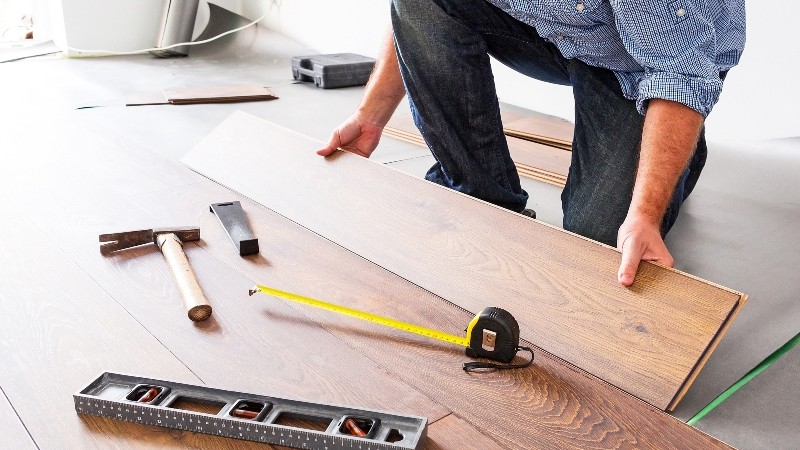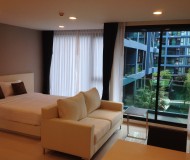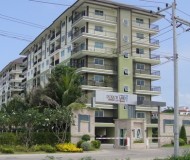
Renovating Your Home – Consider These 3 Things Before You Do
Renovating Your Home – Consider These 3 Things Before You Do
Obtaining the keys of your brand new condo sure feels good. You have been patiently waiting for this day and you know exactly what you want to do with it. You have carefully selected the particular shade of paint to go on the walls as well. You could maybe turn one of the bedrooms into a walk-in wardrobe and enjoy your Sunday cup of coffee on the balcony of your quaint al fresco dining area. You could even turn your master bathroom into a spa.
Your excitement is understandable and just, however you must put a pin in that call to your interior designer or contractor until you have gone though the below tips.
- Search for defects – When shifting to a new Temporary Occupancy Permit (TOP) condo, make sure you go through the procedure of defect correction with your developer. After having collected the keys to your condo, you must point-out the defects and flaws to the building’s developer, who will have about a month to fix them.
- Restrictions of the review management committee – Most of the condo management committees as well as Singapore’s BCA (Building and Construction Authority) restrict homeowners from constructing additional structures that may adversely affect the façade of the building permanently, like covering up the balcony or putting up permanent awnings.
Tearing down permanent walls are a common no-no as well, with committees requiring homeowners to put up false ceilings in order to install cabling and lighting, instead of ripping into the building’s concrete infrastructure.
Remember, you will normally require some type of grant from the committee prior to commencing renovations, so make yourself familiar with what you can’t or can do in order to avoid the trouble of changing your plans as well as causing renovation delays.
- Plan for the future – Homeowners, particularly those who shift into the smaller size two or one plus one bedroom unit, more often than not bring down walls that are not permanent in order to increase the size of their living rooms and bedrooms.
If you are a newly-wed 1st time purchaser, or if you are planning on expanding your family in the near future, you may find yourself either renting the unit out for some extra income or selling it, while you shift to a larger more comfortable unit to raise your children in.
In such a case, you may find that the asking price of the unit may not be as high as what you anticipated, because alterations like these do reduce the projected value of the unit. Re-building the walls yet again would also prove to be a cost-prohibitive move.
Keyword/phrase – Condo, Home owners, Management committee






